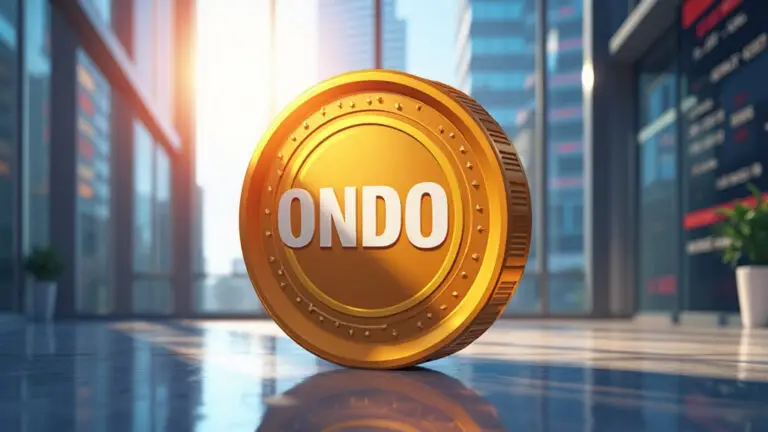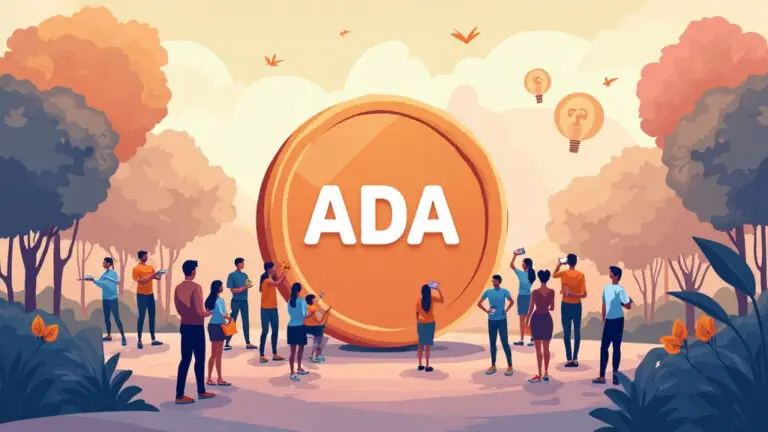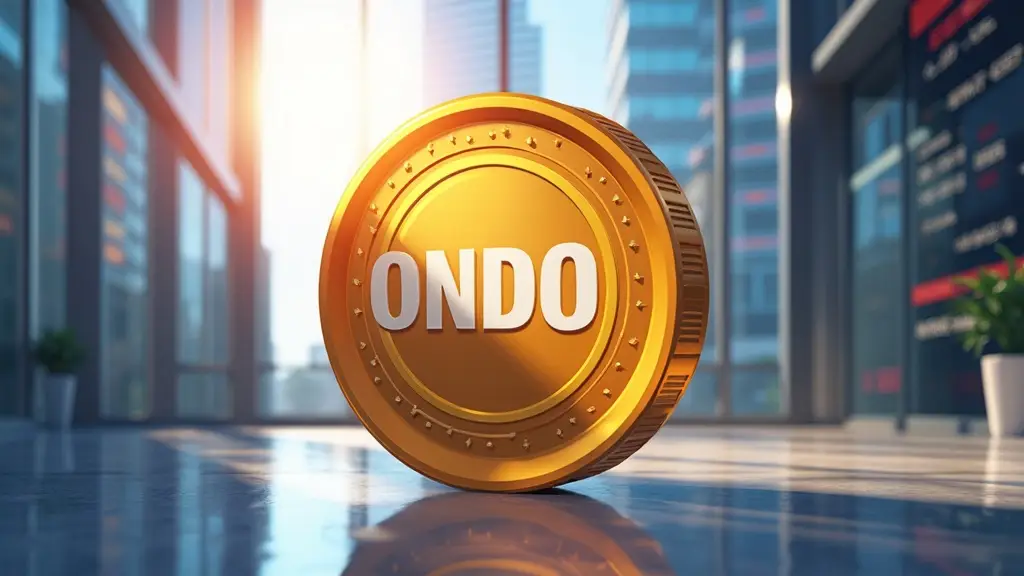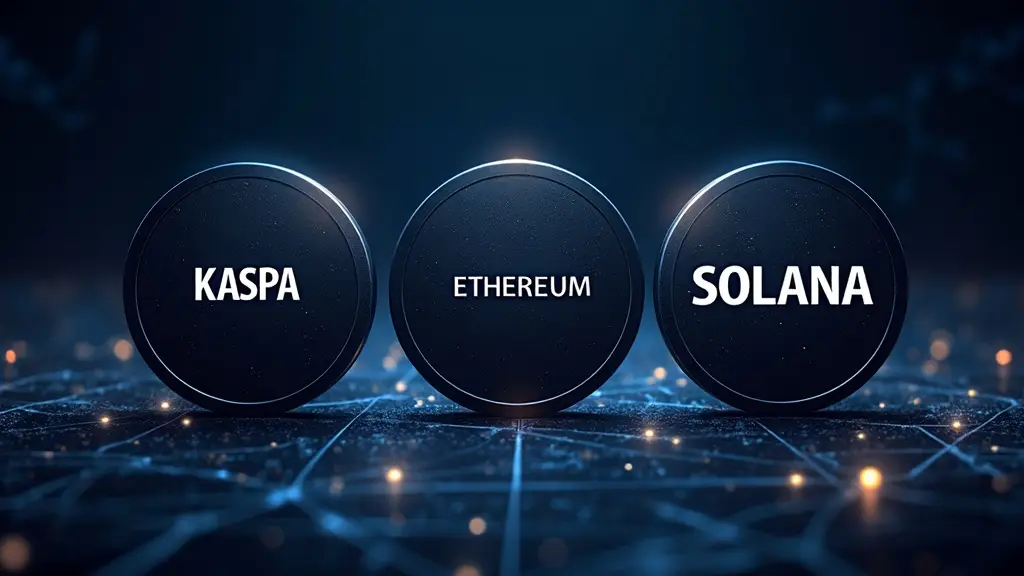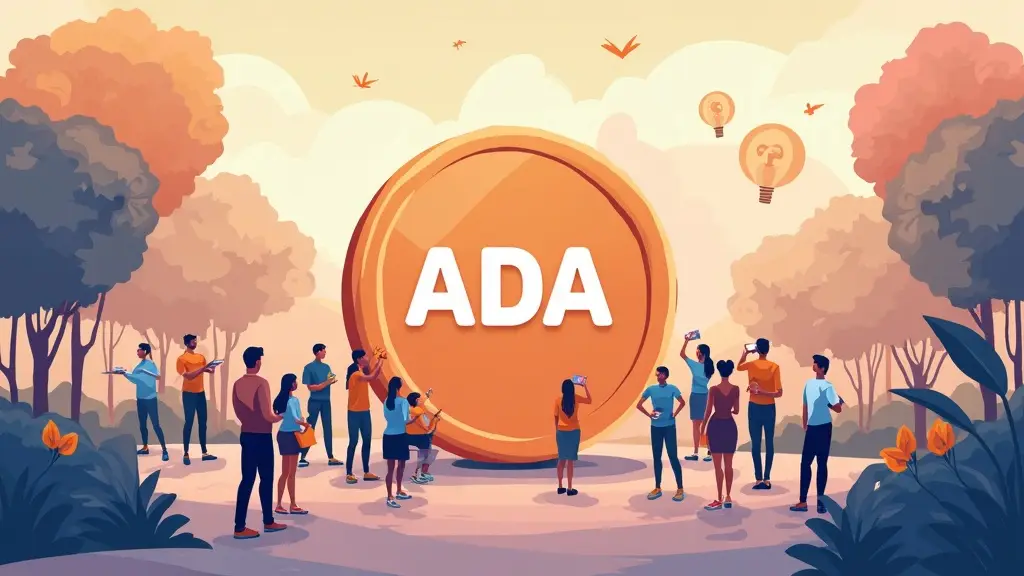Crypto Legalized and Defined
On June 14, Vietnam’s National Assembly passed the Law on Digital Technology Industry, officially recognizing crypto assets for the first time. This landmark legislation categorizes digital assets into two classes: virtual assets and crypto assets. While both categories utilize encryption or digital validation, they explicitly exclude securities, fiat currencies, and other traditional financial instruments. The law will go into effect on January 1, 2026.
Oversight and Compliance Framework Set in Motion
The government is now responsible for creating the business conditions, operational classifications, and regulatory oversight mechanisms for these digital assets. This means that a full compliance infrastructure—including rules for custody, trading, and reporting—is expected to emerge before 2026. The law also mandates cybersecurity protocols and Anti-Money Laundering (AML) safeguards in line with Financial Action Task Force (FATF) standards, likely in response to Vietnam’s placement on the FATF gray list in 2023.
First Standalone Law of Its Kind
According to the Vietnamese government, this is the world’s first standalone law entirely dedicated to the digital technology industry. It places Vietnam at the forefront of regulatory innovation, offering a clear legal framework for digital asset developers, investors, and platforms. This may signal to global companies that Vietnam is ready for increased foreign direct investment in its digital ecosystem.
AI, Semiconductors, and Infrastructure Get Major Incentives
Beyond crypto, the law aims to transform Vietnam into a global digital tech hub. Enterprises focused on AI, chip design, and infrastructure are eligible for tax breaks, R&D grants, and land-use incentives. The law also encourages the development of AI data centers, semiconductor fabrication, and critical cloud infrastructure, with support from both the national and regional governments.
Tech Education and Workforce Development Backed
Education reforms tied to the legislation will integrate digital skills into public curricula. Regional governments are also instructed to offer subsidies and training programs to ensure a future-ready workforce. These initiatives are expected to nurture domestic talent in blockchain, AI, and semiconductor fields, and reduce reliance on foreign expertise.
Vietnam Responds to Rising Crypto Scams
Vietnamese authorities have also been tackling a growing number of crypto-related scams. In February 2025, police arrested four individuals behind BitMiner, a fraudulent mining platform that defrauded over 200 victims. In December 2024, police shut down Million Smiles, a scam that tricked victims with a bogus token called QFS, falsely linked to ancestral treasures and spiritual myths. These events underscore the urgent need for stronger regulatory protections, which the new law aims to provide.
Vietnam Targets Global Crypto Market Share
Legalizing crypto assets places Vietnam in a competitive position within Southeast Asia’s rapidly growing crypto market. With clear laws, favorable incentives, and public education support, Vietnam could attract major crypto exchanges, fintech startups, and blockchain developers seeking regulatory clarity and low operational costs.
Next Steps and Industry Expectations
With the legal framework in place, industry observers are watching closely for implementation details and follow-up decrees. Questions remain around taxation, exchange licensing, and international trade of crypto assets. However, Vietnam’s bold approach suggests it is serious about becoming a digital economy leader by the end of the decade.




